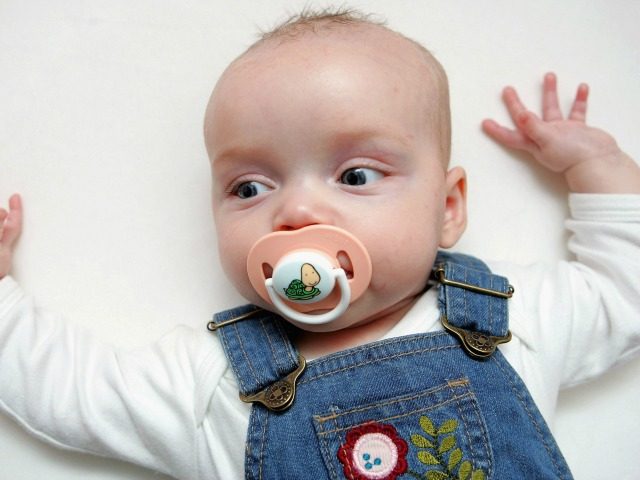Former Yale Professor Erika Christakis, whose email about Halloween costumes last year incited significant campus tension, declared in an editorial on Monday that campus coddling culture actually harms those that it intends to protect.
Christakis, an early childhood educator, resigned from his position at Yale after the community revolted against an email she wrote in which she argued that students should be able to choose their own Halloween costumes, free from the administration’s involvement. The email was written in response to a growing concern in the Yale community that students would choose to wear racially or culturally offensive costumes on Halloween.
In a now infamous video, Christakis’ husband Nicholas, then master of Yale’s Silliman residential college, was confronted by then senior Jerelyn Luther who told him that it was his responsibility to protect the students who resided within the community before calling him “disgusting.”
In an editorial for The Washington Post, Christakis argues that Yale’s culture of protection actually harms those that it intends to protect. She then identifies herself as a registered Democrat, arguing that although she supports Yale’s mission to support underrepresented students, she had concerns about the illiberal attitudes and practices of her liberal peers.
The irony is that this culture of protection may ultimately harm those it purports to protect. The Yale imbroglio became a merciless punchline, leaving no one unscathed, because the lack of a candid internal reckoning emboldened partisan outsiders to hijack the story. In reality, these debates don’t fit neat ideological categories. I am a registered Democrat, and I applaud Yale’s mission to better support underrepresented students. But I also recognize the dizzying irrationality of some supposedly liberal discourse in academia these days.
Christakis claims that she resigned from his position with the university due to concerns about an increasing sense that the Yale community was not “conducive to civil discourse.”
I didn’t leave a rewarding job and campus home on a whim. But I lost confidence that I could continue to teach about vulnerable children in an environment where full discussion of certain topics — such as absent fathers — has become almost taboo. It’s never easy to foster dialogue about race, class, gender and culture, but it will only become more difficult for faculty in disciplines concerned with the human condition if universities won’t declare that ideas and feelings aren’t interchangeable. …
By affirming only the narrow right to air my views, rather than helping the community to grapple with its intense response, an unfortunate message was made plain: Certain ideas are too dangerous to be heard at Yale.
The collective denial of responsibility risks shortchanging students’ intellectual maturation and gradual assumption of autonomy. Moreover, the university’s careless conflation of talking (of which we had plenty) with listening (not so much) has the unintended effect of creating an inhospitable learning environment for the entire community, not just those who had no problem with my Halloween advice.
Tom Ciccotta is a libertarian who writes about Free Speech and Intellectual Diversity for Breitbart. You can follow him on Twitter @tciccotta or email him at tciccotta@breitbart.com

COMMENTS
Please let us know if you're having issues with commenting.